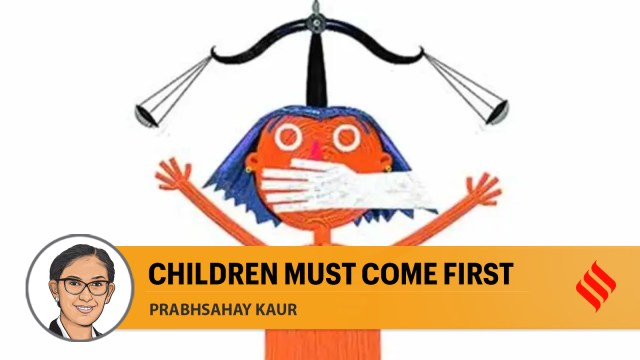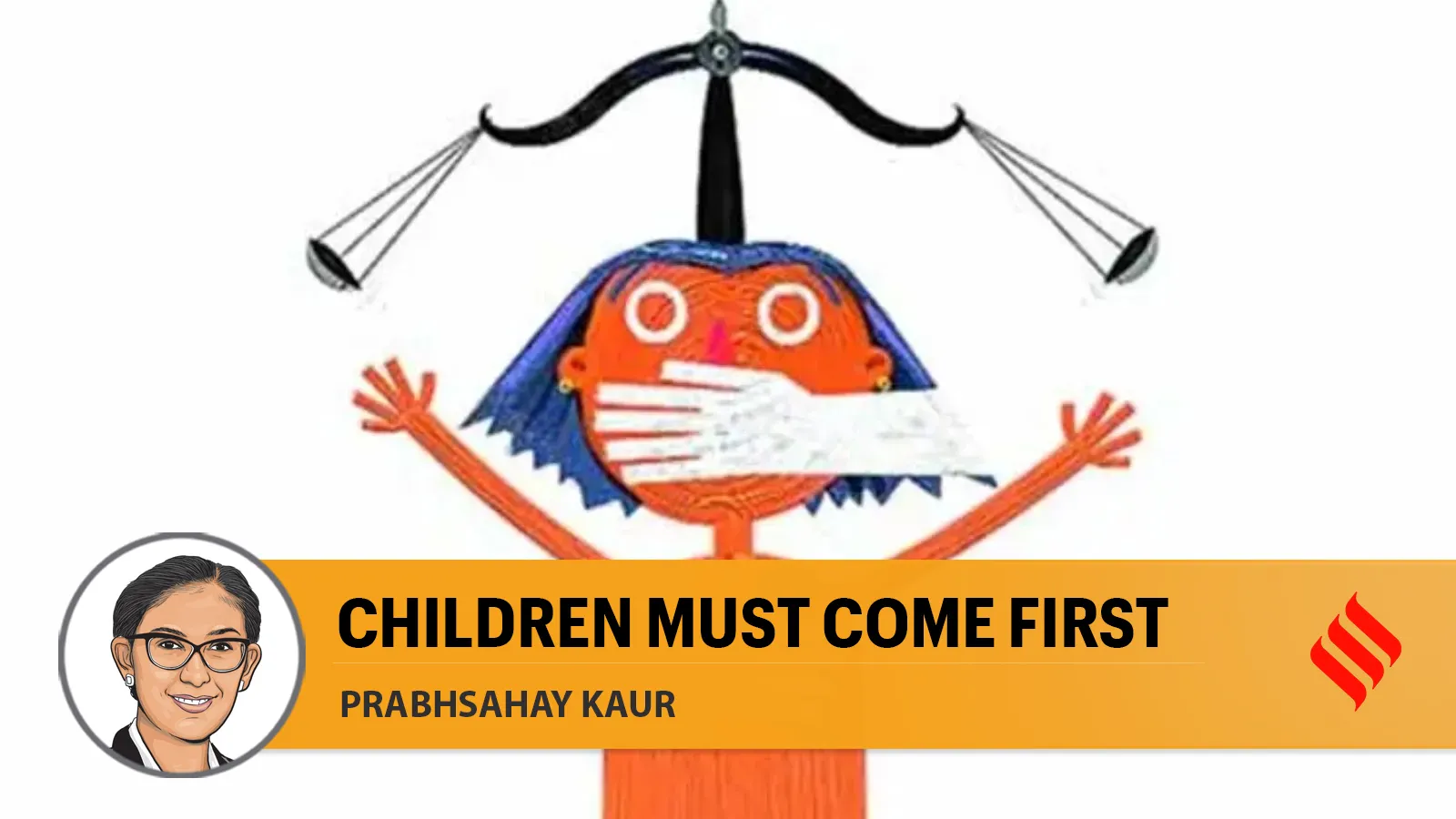
The Supreme Court’s (SC’s) recent judgment on Child Sexual Exploitative and Abuse Material (CSEAM) is the call of the hour and addresses a problem, the enormous proportions of which are lost on most people. The mere possibility of misuse, as argued by an editorial in this newspaper (‘Terms of protection’, IE, September 26) cannot be a reason to put children at risk.
Some facts. The National Centre for Missing & Exploited Children (established by the United States Congress) has reported that 46,99,515 videos of CSEAM were uploaded in India, depicting a chilling reality — India is leading the world in uploading CSEAM in the form of photos and videos. Just Rights for Children Alliance, a coalition formed by five NGOs with over 120 NGOs as partners, approached the Supreme Court relying upon the above Report and data published by the National Crime Records Bureau (NCRB) that reflected a phenomenal increase in child pornography cases from 44 in 2018 to 1,171 cases in 2022.
To arrest this disturbing trend, the Government of India signed an MoU with NCMEC, US, under which receipt and analysis of Cyber Tip line Reports (CTR) are carried out which detail activities related to CSEAM. These are then shared with the respective states/Union Territories for further action. The MoU and the actions being taken using this technology lead the agencies straight to the culprits.
The Kerala Police’s impressive initiative made the best use of this information. It constituted a specialised unit for preventing online child exploitation and carried out various covert operations. It was found that child pornography groups operating over WhatsApp and Telegram and a number of similar platforms had increased tremendously in recent years. It started identifying persons downloading/uploading CSEAM from the internet by collecting IP addresses, particularly making use of the reports available under the MoU. The Kerala Police was able to seize over 200 devices containing graphic and illegal videos and pictures of children in a compromised state.
It was found that many of these videos and photos in the CSEAM were of local children, ranging in the age group of five to 16 years. The necessary corollary was that local children have been haplessly involved by making covert videos/taking photos through spy cameras, etc. More significantly, the presumption that CSEAM available on the Internet is from other countries or far-off places and that the act itself has not taken place here and is only being viewed here is completely false. This eye-opener is fundamental to understanding not only the genesis of the problem but also in comprehending how to tackle it.
A somewhat similar disclosure was made recently by certain One Stop Centres that run in all districts in Delhi to aid survivors of sexual abuse. Cases of teenagers being raped or forced into sexual acts/abuse on the threat of their videos/photos, real as well as morphed, being made public are on the rise.
The SC has made it abundantly clear that while there might be a difference between the act of viewing CSEAM and the act of engaging in sexual abuse, the latter desire is always inherent in the former. Both share the same intent, and it is the intent that makes the crime heinous.
This finding is the fulcrum of the judgment. Ergo, viewing CSEAM, even in the confines of one’s home, even one time, constitutes an offence. It has also stated that demand will always incubate the corresponding production of CSEAM. Abusers are motivated to create and distribute the material to satisfy the demand. Killing the demand by prosecuting the viewing of CSEAM would eventually lead to a decrease in its production.
The Kerela Police’s report is rather poignant. It reflects on the vulnerability of children who might not even know how they have been exploited till it is too late. The SC has also held that the knowledge that their abuse is being watched by countless strangers, sometimes much after the act, for years to come, exacerbates the wounds. The realisation that our children might be walking on the road or eating at a restaurant and strangers identify him/her from CSEAM available freely on the internet, maybe by way of a spy camera installed in a school/public bathroom/changing room, is deeply disturbing.
This affects every one of us. In the words of Justice J B Pardiwala, who authored the judgment with sensitivity and perceptiveness, CSEAM perpetuates a culture in which children are seen as objects to be exploited rather than as individuals with rights and agency.
While prosecution in cases of CSEAM is imperative, in the longer run, what will make the most difference are preventive measures such as sex education and awareness, in schools, children’s homes, etc. Essentially, the prevention of crime is paramount for ensuring a safe space for our children, both online and offline. I can only hope that in implementing this judgment, law enforcement agencies, schools and governments realise that the exploitation of a child anywhere, is exploitation of a child everywhere.
The writer is a litigator practising in the Delhi High Court and Supreme Court. Views are personal.



